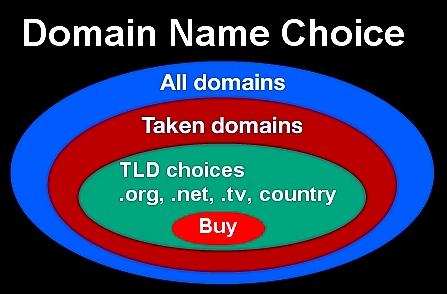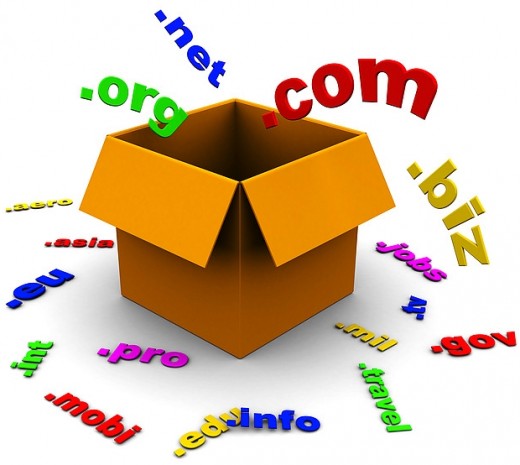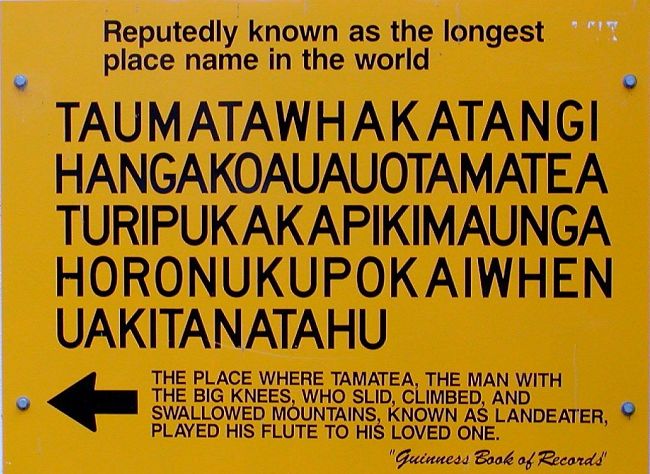Boost SERP Rank with Keyword in Domain Names
Most people are ignorant of how much having your major keyword in your domain name contributes to your page ranking especially for new sites.
Google does give keywords in the URL some weight in determining your page rank, but there are other advantages.
Some have argued that its value has been downgraded lately, but it still counts.
Keyword in Domain Name has many other benefits relating to anchor text and providing greater appeal for your site to users scrolling a list of search results.
The keyword in the domain also makes it easier to remember, gives it a sense of authority, and is more easily remembered by your users.
However the quality and relevance of the contents of your website, and the number of sub-pages are of primary importance, along with the number and authority of relevant back links.
Getting the Right Domain Name and URL







So how do you choose your domain name using the keyword?
You can do it yourself manually or use one of the many sites that are specifically designed for this purpose. One of these is Domain Whiz which takes a keyword, and provides a series of domain name options. It lists whether the domain name is already registered, and even gives an indication of the popularity of the domain as a keyword, which indicates how may searches it is likely to attract.
Many of the domain providers such as Godaddy.com, also offer alternative name suggestions, if the one you request is not available.
Other aspects of keyword in domains
Brand Identity and Awareness - A catchy domain name will increase brand awareness. A name that is short, simple and is not hampered by hyphen and underscores will be easy to remember and more appealing. If the domain name includes your keyword, better still. When keyword in domain is not possible, pick a domain name based on how memorable it is. You may have to trade off 'shortness' with the desire to include the keyword and to have a 'catchy' name.
Anchor Text - One major advantage to having keywords in your domain name is that it provides an instant anchor text with your keyword when building links. The words used in the anchor text can affect the pake ranking with the search engines. This can come in handy for adding your URL to sites that do not allow the use of anchor text. If you have such a domain name and people use it as a link text then you benefit from the keywords it contains.
Overdoing it - A lot of people register hyphenated domain names stuffed with multiple keywords because they believe it will help them with search engine rankings. But this can be overdone and make the domain much harder to remember and type.
Hyphens - If you do decide to use hyphens to include keywords in a domain name, you need to be aware of the general disadvantages of hyphens in terms of easy of remembering and typing. It can be a good strategy when all of your preferred name options are unavailable. However, Website urls with more than one hyphen can look ordinary, and are not good from a branding perspective.
General Comments about Domain Names
Your Domain Name Should Be the same as Your Website Name
Choosing a domain name that exactly matches your brand name is very important. The exact name that you use to advertise your product is the preferred name that you will want for your domain. This is because users will try your brand name first, when looking for your site. It is also much easier for clients to remember.
Short or Long Domain Names?
Domain names can be up to 67 characters long. There are various options about this topic. Some argue that shorter domain names are easier to type, easier to remember and much less susceptible to mistakes: for example, "getithere.com" is easier to remember and less prone to typos than "connecttomywebsite.com".
Others argue that a longer domain name can be easier to remember, especially if the shortened name involves abbreviations. It is becoming very hard to get short meaningful domain names especially for those ending in ".com". They have simply been all taken. In many cases, you may need to look in the just-dropped listings or request that you to be contacted when the name becomes available (this can take years). As a last resort you may consider contacting the owner and buying it from them.
Go for the shorter name if you can get a meaningful one, but use a longer names that includes your keyword. It is a compromise - often dictated practically by what's available.
Hyphenated Names
Disadvantages -
- Most people will forget the hyphens when they type the name - they will type "freeplrarticles.com" but not free-plr-articles.com, and end up at your competitor's site.
- Verbal recommendations about your site won't work if you use hyphens.
- Hyphens are much harder to type.
Advantages -
- Search engines can "see" each of your keywords better and this will help get more hits to your site.
- The non-hyphenated form may no longer be available. At least this way, you still get the domain name you want.
Conclusion - Avoid hyphenated names when you can
Plurals, "The", and "My" Forms of the Domain Name
Frequently, if you can't get the domain name you want, the domain name site will suggest various alternate forms of the name you first suggested. For example, if you wanted cybersite.com, but its not available, it might suggest forms like:
thecybersite.com
mywcybersite.com
cybersites.com
and similar alternatives. Should you take them?
People are likely to forget the "the" or "my" and the plural and will be directed to your competitor. If you are forced to use these then always make sure that you use the same phrase for the name of your site and in anchor links. The plural version will not work since most of your potential visitors will forget to type the "s" in the name. A distinctive name that has unrelated competitors for variants may work better (such a 'Godaddy').
COM, ORG, NET, etc?
If you can't get the ".com" domain of their choice, should you use the ".net", ".org" versions?
It may be better to have a domain name of your choice "myperfectname" even if it has a top-level domain TLD of ".net", ".org" or some other country specific extension, than to end up choosing an obscure domain name for the simple reason you can't get your first choice.
The ".net" and ".org" extensions are actually quite acceptable domain names. For some, the ".org" extension actually describes the non-profit nature of their organisation. The name may also relate to what you do. The major disadvantage is that most people will assume that your site has a ".com" extension. Browsers searching for a domain name may find the ".com" options first.
Country Specific Domain Names
Should you use country-specific top level domains (TLDs) available (like .de, .nu, .sg, .au etc). rather than ".com" or one of the other general types such as ".net" If your website or business caters to the local community, such as a recruitment agency or pizza delivery business or similar, then it makes sense to get a country-specific domain.
You actually benefit from having such a local domain because the people in your country know that they're dealing with a local entity, which is what they want.
Against this is the argument that if you get a country specific domain, people might think that your business only caters to that country.
You may want to register both options with an automatic redirection back to your site to cover all the bases on this.
Some of the browser such as Google tend to redirect users to the country-specific search page, which will favour the country specific extensions
Make the URL Easy to Type and Easy to Remember
If a domain name requires considerable attention to type correctly, due to spelling, length or the use of complicated and cumbersome words or sounds, you've lost a good portion of your branding and marketing value.
You should note that word-of-mouth and SERPs dominance marketing (where your domain consistently comes up for industry-related searches) both depend on how easily your the domain can be remembered. You don't want to be the company with the terrific website that no one can ever remember to tell their friends about because you don't have a catchy domain name.
Register Multiple Versions of Your Name
If you can afford it, register all the feasible variations of your domain name. If your company's name is difficult to spell, register the common misspellings. Try to register every variant of your domain people might use. Even if your company sells internationally, you should register a country specific domain name extensions to stop your competitors getting it and for local browsing option so the major browsers. Many businesses choose to register various variants of the domain name such as .com, .net , or .org to avoid competition. All three addresses can "point" to the same e-mail account and web site through re-direction tools available from most providers
Multiple Businesses or Functions with the One Domain Name
Because Google will index ALL of your pages it may be an option to list many businesses or functions as folders within the one site. This can greatly reduce costs of domain name registration and hosting. Many of the hosting companies provide so much space that it is possible to do this with very large applications.